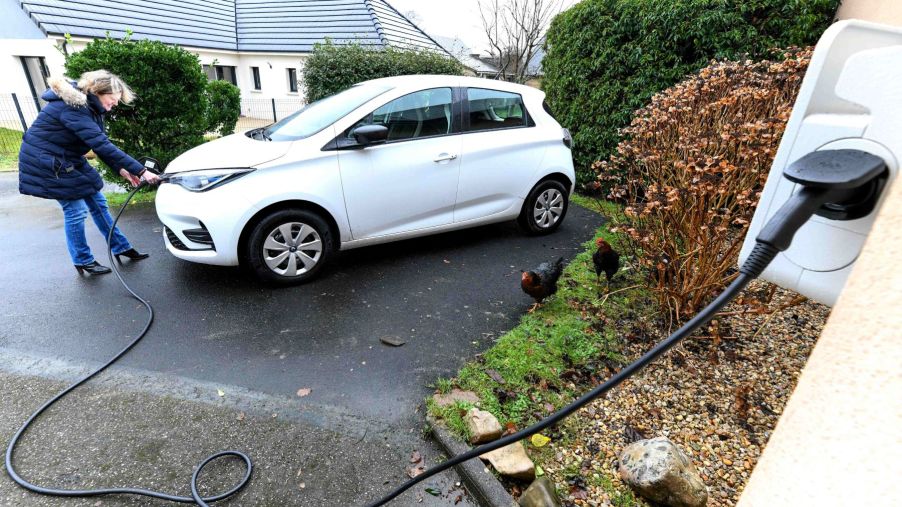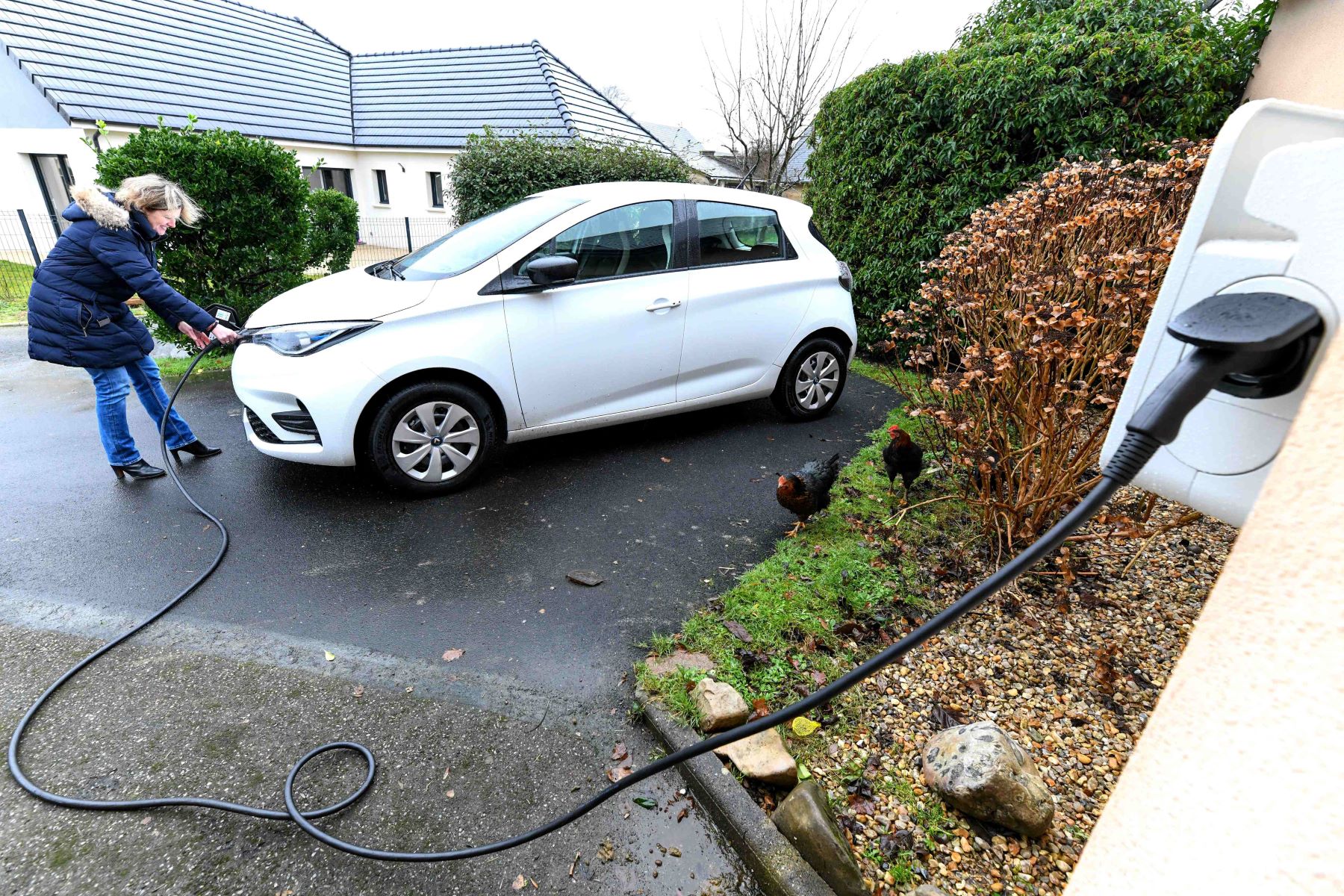
How Much Does It Cost to Build and Install a Level 1 Electric Vehicle (EV) Charging Station?
The automotive market continues to crowd with electric vehicles, including new introductions and the electrification of existing models. With this growing popularity comes a need for EV consumers to learn the ins and outs of EV-related technology and terminology. One particular area of growing interest is the DIY steps and the ability to install an at-home charging station. For convenient charging and to relieve range anxiety, you might be concerned about how much it officially costs to install a Level 1 charging station at home. Here are the details about what you’ll need, expected costs, and Level 1 charging basics.
EV equipment needed for Level 1 charging at home
Beginning with the needed equipment to charge your EV and set up a Level 1 charging at home, the list is brief. You’ll only need a standard 120-volt outlet (which is most electrical outlets) and the J1772 connector that came with the purchase of your EV. Tesla recommends installing your unit immediately upon taking delivery of your EV, too. As Forbes points out, Level 1 charging at home is also great for plug-in hybrid vehicle (PHEV) charging.
HomeServe reminds consumers to consider additional equipment or services that may need to be outsourced, depending on your EV charging needs and home parking. If you need to make updates or changes to the wiring, add a circuit panel to accommodate amperage, or install a pedestal kit, you should prepare a little extra.
How much it costs to install a Level 1 charging station

Many online and dealership-based resources are available to help you budget for an at-home charging station installation project. For example, FIXR suggests the national average cost is between $1,000 and $2,500 for Level 1. Ohm Home points out that most EV consumers spend roughly $1,000 to get set up at home with their Level 1 charging. Meanwhile, WattLogic says if you’re installing a Level 2 station at home, you can spend up to $6,000. A DC Fast Charger install at home can cost even more, anywhere from $30,000 to $80,000, as Future Energy shares, making it very inadvisable.
However, most home garages already have outlets for tools and appliances, meaning no additional cost is required. Additionally, if charging your EV at a rate of Level 1 station fits your needs, there’s no need to spend more and upgrade to a Level 2 at-home charger.
In the event that your garage or parking space doesn’t have an outlet, you can expect to pay roughly $600 to $1,000 in parts and labor to have an outlet installed, based on Future Energy and Carvana estimates. Still, be mindful of additional red tape that might be required to secure permits to install on a property you don’t own.
How to charge your electric car using Level 1 charging
According to official stats from the U.S. Department of Energy, EV owners can expect to see 3 to 5 miles of range every 1 hour when using Level 1 charging at home. The U.S. Department of Transportation says that translates to 40 or 50 hours of charging to receive a full charge. Of course, as NeoCharge suggests, it’s best to understand what the specific battery and specified charging instructions are for your EV before officially installing any at-home charging station. In your EV’s manual, you’ll see directions about how to plug in your vehicle and what level of charging stations are compatible.
If you’re exploring your EV options, you’ll have more decisions to make in addition to choosing the model you love. You’ll also need to think about installing an at-home charging station. Level 1 charging at home is common and relatively easy to facilitate. Now that you know more about how it works and what to expect, you can confidently install the best-fit charging infrastructure at home.


